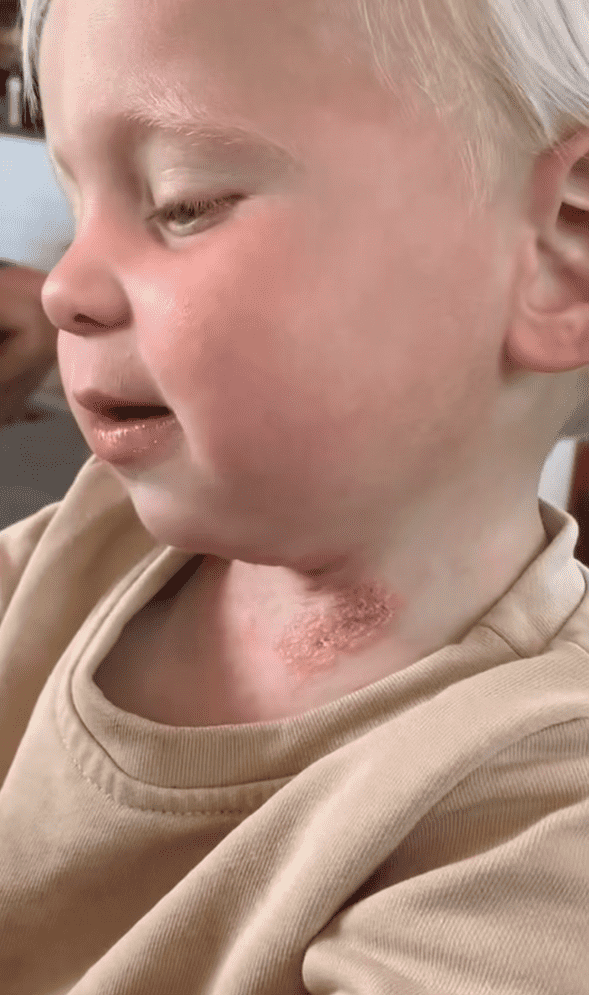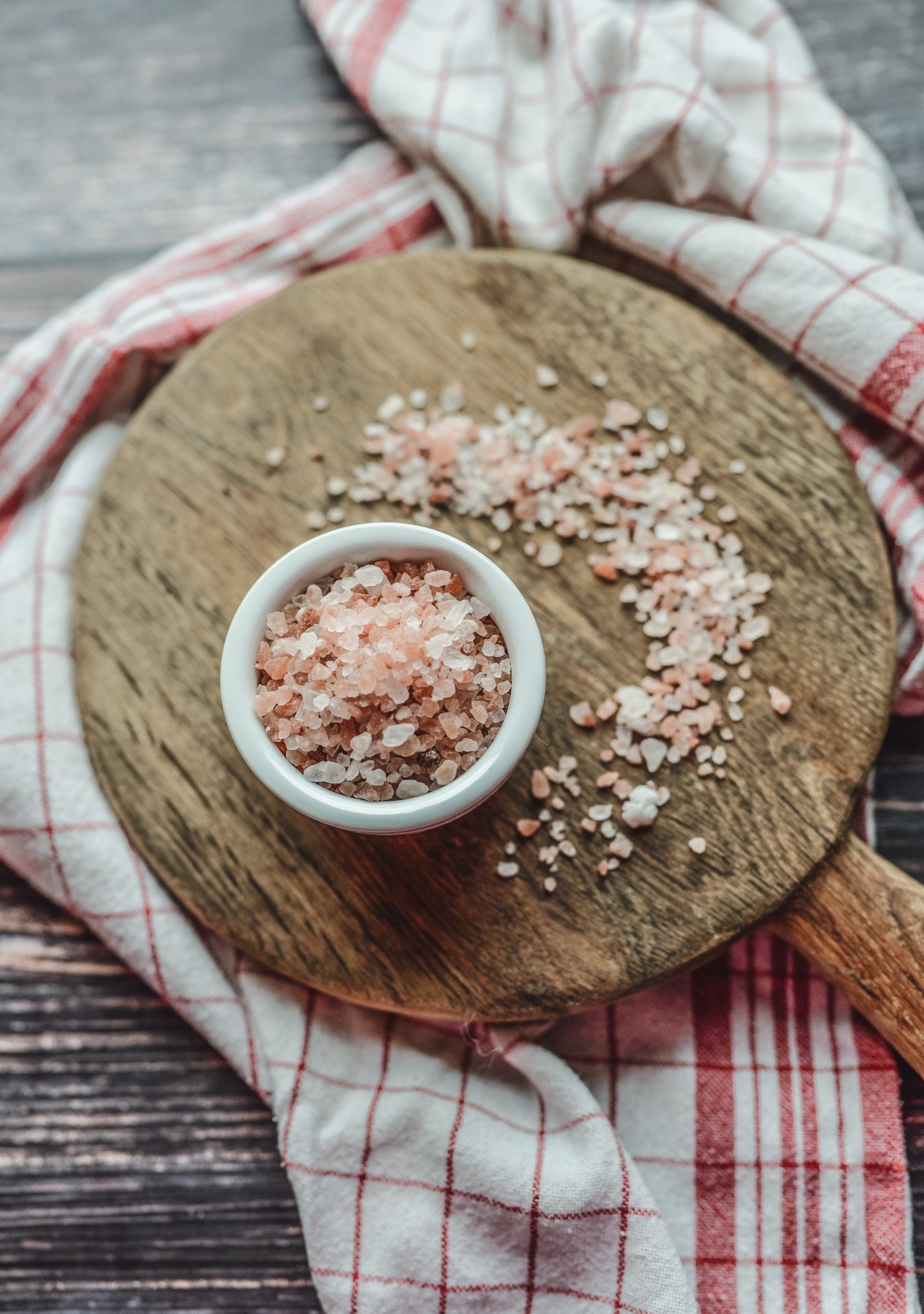Eczema can be a challenging and stressful condition for families, affecting around 30% of children under the age of 5 in Australia. This inflammatory skin condition leads to red, inflamed, and sore skin, often accompanied by intense itchiness and dryness. If your child has eczema, you’ll know how much they can scratch, which unfortunately can worsen the irritation and inflammation on the skin (and keep everyone awake at night!)
What is Eczema?
Also known as atopic dermatitis, eczema typically appears after 3 months of age and is often the first sign of “atopy,” a specific immune response that can predispose children to other allergic conditions like asthma and hay fever. Understanding this connection is crucial, as eczema can increase the risk of developing additional allergies later in life.
What Causes Eczema?
The exact causes of eczema are still being researched, but genetics play a significant role. If there’s a family history of eczema, your child may be at higher risk. Other contributing factors include:
- Immune dysfunction
- Gut health
- Inflammation from food, stress, and environmental factors
Eczema is not just a surface issue; it’s linked to overall health and the immune system, making it essential to look beyond topical treatments (even though these are very important too).
Common Triggers
Eczema can be triggered by various factors, including this like:
- Allergies to dust mites, pollen, and mould
- Sensitivity to detergents, soaps, and washing powders
- Food intolerances
- Heat
- Emotional stress
Identifying these triggers can be challenging, but keeping a diary of your child’s diet and symptoms can help.
The Role of Steroid Creams
While traditional treatments like steroid creams can provide relief, they may not always address the underlying issues. Steroid creams can impede the healing process, leading to potential side effects such as:
- Loss of skin pigmentation
- Acne-like breakouts
- Fungal infections
- Prolonged infections like cold sores
Due to their softer skin and higher surface area to body weight ratio, children are particularly susceptible to the systemic side effects of these creams. That said, topical steroid creams can be an important rescue medicine and absolutely can have a place in the treatment of eczema when used appropriately.
How We Can Help at Boob to Food
In our clinic, we offer a holistic approach to managing eczema, emphasising natural therapies that complement or reduce the need for medical treatments. Our experienced nutritionists and naturopaths can guide you through:
- Dietary Changes: Incorporating foods rich in omega-3 fatty acids, vitamins, and antioxidants to support skin health.
- Supplements: Tailored recommendations, including things such as probiotics, zinc, and other essential nutrients.
- Natural Therapies: Focusing on gut health and reducing inflammation, which can significantly impact eczema.
- Tailored Topical Relief: Our experienced clinicians are able to compound an individualised topical cream using therapeutic herbs and nutrients.
- Comprehensive Management Plans: Identifying triggers and reducing acute flare-ups while improving overall skin health.
Book Your Appointment Today
If your child is struggling with eczema, we’re here to help. Our team at Boob to Food will work with you to create a personalised plan that addresses both symptoms and underlying causes. Book an appointment with one of our highly experienced clinicians, or schedule a FREE discovery call to find out if this approach is right for you.
Some More Resources That Might Be Helpful
- Boob to Food The Podcast Episode 44 – All about eczema with Luka and Kate
- Boob to Food The Podcast Episode 94 – Soothing the skin: eczema insights with naturopath Ash Yates
- Eczema Masterclass: A self paced masterclass unpacking the complex topic of eczema with practical steps and holistic recommendations




+ show comments
- Hide Comments
add a comment